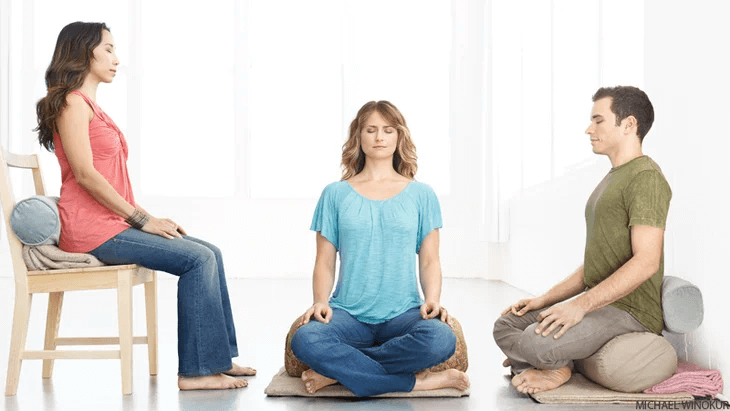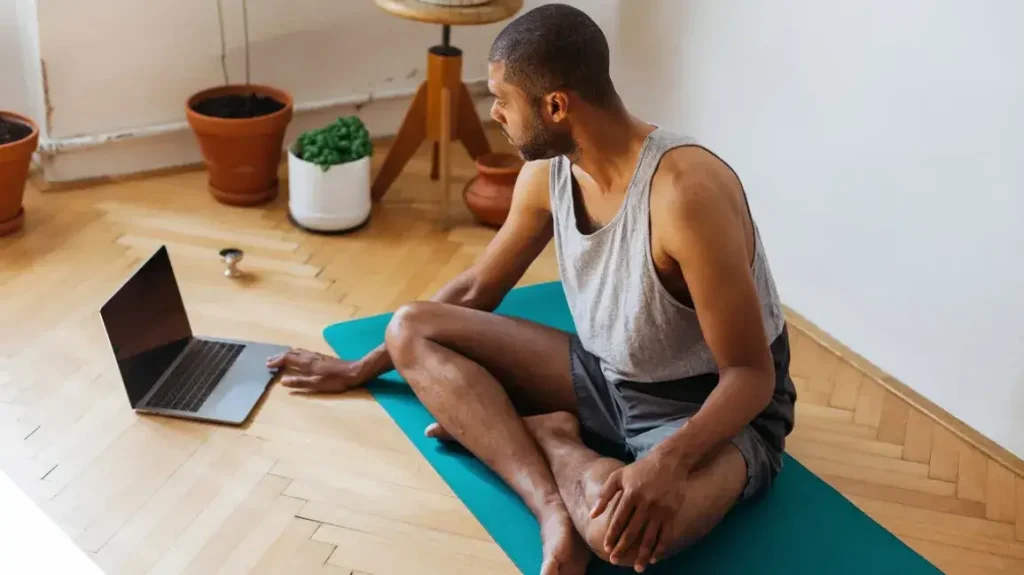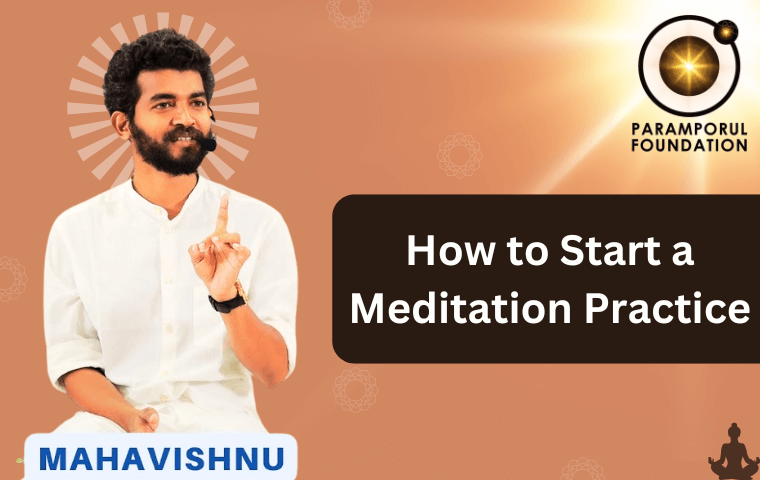Meditation is a powerful habit that can transform your life by bringing more peace, focus, and clarity into your day. However, like any new habit, establishing a daily meditation practice can be challenging. To help you get started and stay consistent, here’s a simplified guide and tips to start a meditation routine or practice.
Importance of Meditation
Meditation offers numerous benefits that can enhance both your mental and physical well-being:
- Reduces Stress: Meditation helps calm your mind and body, leading to lower stress levels.
- Improves Focus and Clarity: Regular meditation sharpens your ability to concentrate and stay present.
- Enhances Emotional Well-being: Meditation promotes feelings of happiness and reduces negative emotions.
- Supports Physical Health: Research shows that meditation can improve your metabolism, heart rate, and blood pressure.
- Increases Self-Awareness: Through meditation, you gain a deeper understanding of yourself and your emotions.
6 Useful Tips to Start a Daily Meditation Practice
If you are a beginner and wish to start a meditation practice from scratch, we have fragmented the meditation process for you to follow.
1. Start Small and Simple
Begin your meditation journey by committing to just a few minutes each day. Aim for 2 to 5 minutes initially. This small time commitment makes it easier to build the habit without feeling overwhelmed. As you become more comfortable, you can gradually extend your meditation sessions.
2. Choose a Consistent Time and Anchor
Pick a general time of day that works best for you, such as in the morning after waking up or during a lunch break. Pair your meditation with an existing habit, like having your morning coffee or brushing your teeth. This “anchor” helps reinforce the new habit by associating it with something you already do regularly.
3. Find Your Ideal Meditation Space
You need a quiet and comfortable space where you can meditate without distractions. This could be a corner of your bedroom, a quiet spot in a park, or even a chair in your living room. The key is to choose a place where you can sit comfortably and focus on your practice.

4. Get Comfortable and Relaxed
Sit in a position that feels natural and comfortable for you. Whether it’s on a chair, a cushion, or lying down, the goal is to be relaxed yet alert. There’s no need to follow any specific posture unless it’s comfortable for you. The focus should be on feeling at ease so you can concentrate on your meditation.

5. Focus on Your Breath
During your meditation, gently focus on your breathing. Pay attention to the sensation of each inhale and exhale. When your mind starts to wander, you should bring your focus back to your breathing gently. Counting your breaths can also help you stay centered. Remember, it’s normal for your mind to wander; just guide it back without judgment.

6. Build Consistency Over Time
Consistency is key to forming any habit. Meditate at the same time each day, and aim to do it daily, even if just for a few minutes. After a week of consistent practice, consider gradually increasing your meditation time as it becomes a more ingrained part of your routine.
Deepening Your Meditation Practice
As you become more comfortable with daily meditation, you can start to expand your mindfulness practice into other areas of your life:
- Mindful Breathing During Stress: When you feel stressed, take a moment to focus on your breath and bring yourself back to the present.
- Mindful Walking: Pay attention to your surroundings and your body as you walk, focusing on each step.
- Mindful Eating: Savor your food by focusing on the taste, texture, and experience of eating.
- Incorporate Rituals: Create a mindful ritual around daily tasks, such as making tea or washing dishes.

Embrace the Journey
Meditation is a simple yet transformative practice that can bring more peace and clarity into your life. By starting small, being consistent, and gradually expanding your practice, you can build a daily meditation routine that lasts. Remember, there’s no right or wrong way to meditate; what matters most is finding what works for you and sticking with it. With time and patience, you’ll begin to notice the benefits of meditation in your life.

